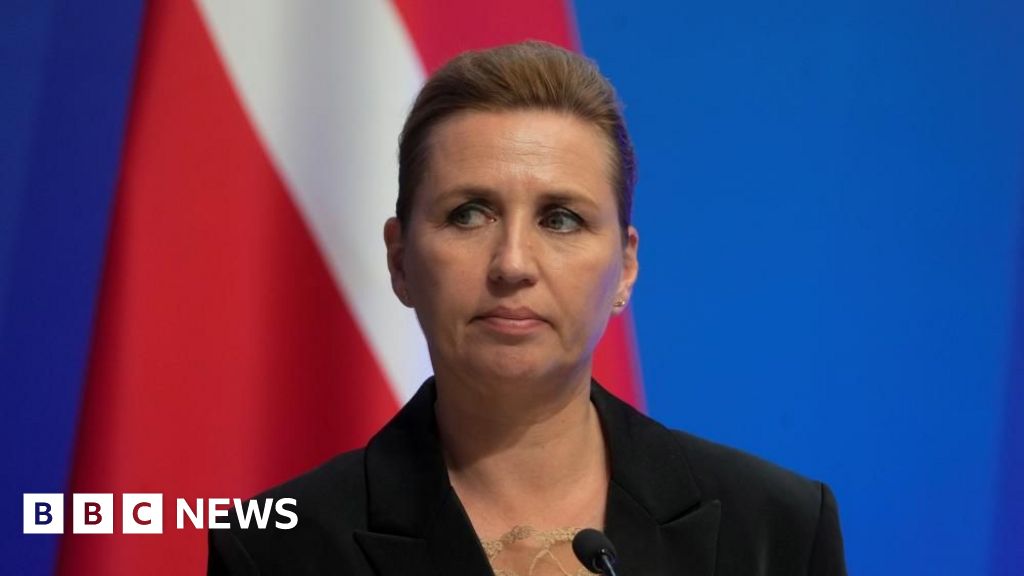CHICAGO — At DePaul University, a Catholic institution in Chicago, students are navigating the challenges of limited reproductive health resources. Maya Roman, a college student, has become a vital link in the delivery of contraceptives through a student-run network known as 'the womb service.'
This organization emerged after the university cut ties with a group previously affiliated with Planned Parenthood, citing concerns over its promotion of contraception. DePaul’s policies prevent any form of birth control from being distributed on campus, pushing students to cover the gap.
Roman and her team facilitate a discreet service whereby students can request contraceptives via text message, and volunteers then deliver items like condoms and Plan B emergency contraception in sealed bags, all while maintaining confidentiality. This operation is a lifeline for many who find themselves with limited options for sexual health support.
Such initiatives are not unique to DePaul; students at other Catholic universities are also organizing to deliver contraceptive supplies directly to their peers, often facing administrative pushback. For these young activists, addressing reproductive health needs is essential. Maddy Niziolek from Catholics for Choice noted the university policies can disproportionately hinder students’ control over their bodies and futures.
Efforts to restrict contraception access are happening across many states, revealing a larger pattern of opposition to reproductive rights. However, recent legislation in Illinois requires public colleges to offer contraception and abortion medications, leaving many private institutions like DePaul still without mandated access.
Despite facing obstacles, students at DePaul, Loyola University, and the University of Notre Dame are increasingly determined to challenge the status quo. They highlight the dire need for access to contraception, which they argue is crucial for their autonomy, education, and career goals.
In navigating these challenging environments, student activists like Roman are shaping a future where access to reproductive health resources is ensured, even in institutions that hold deeply conservative values.











